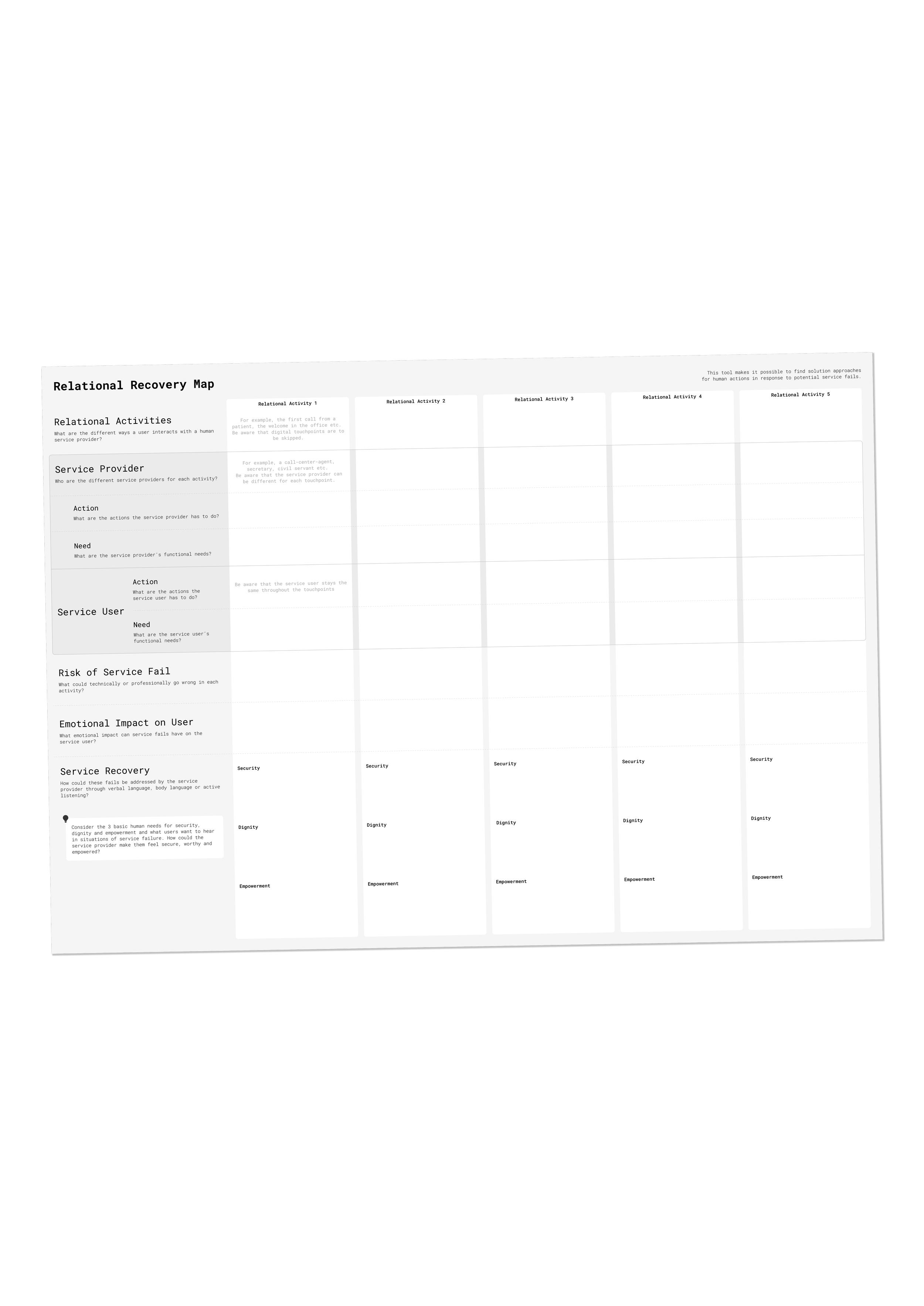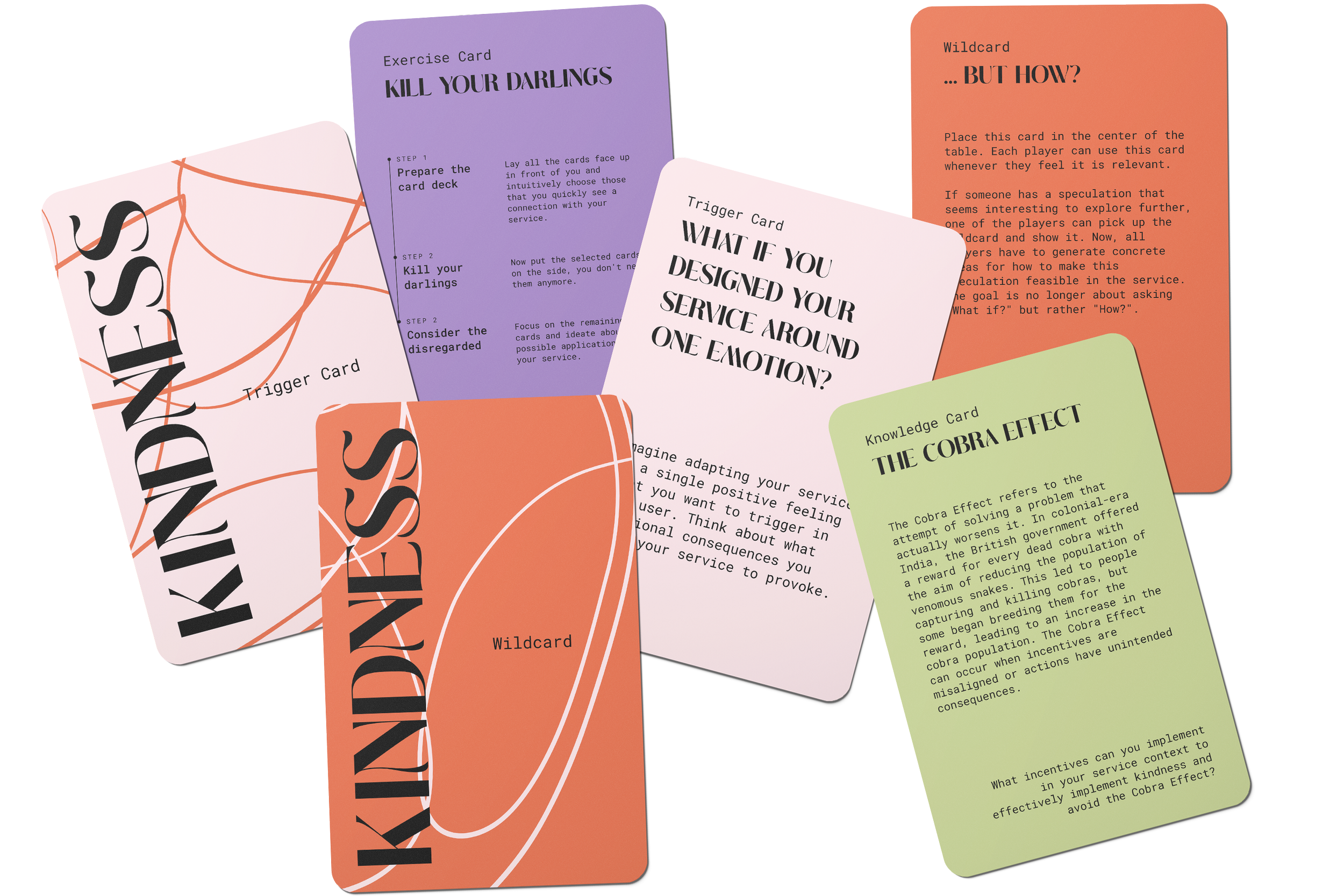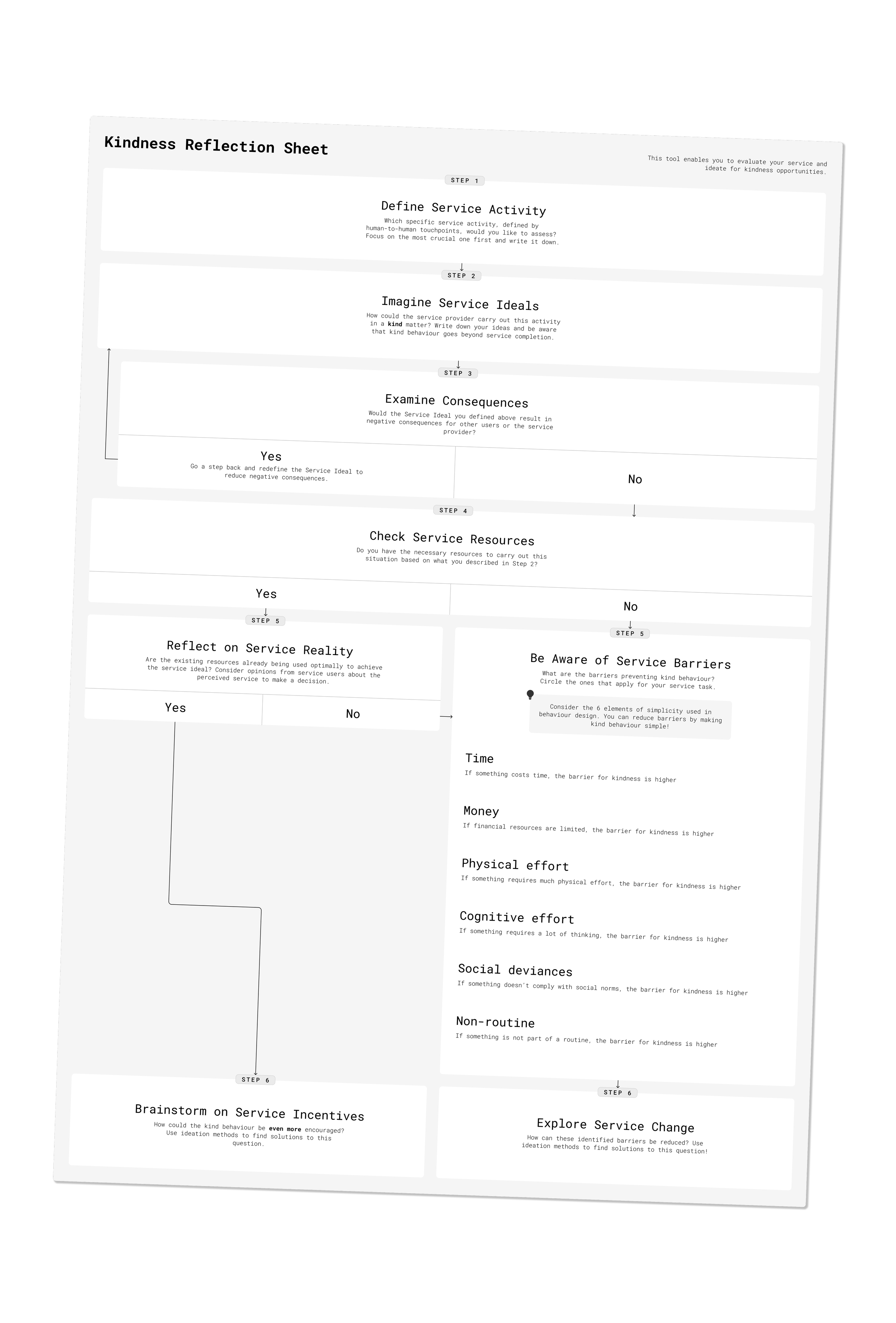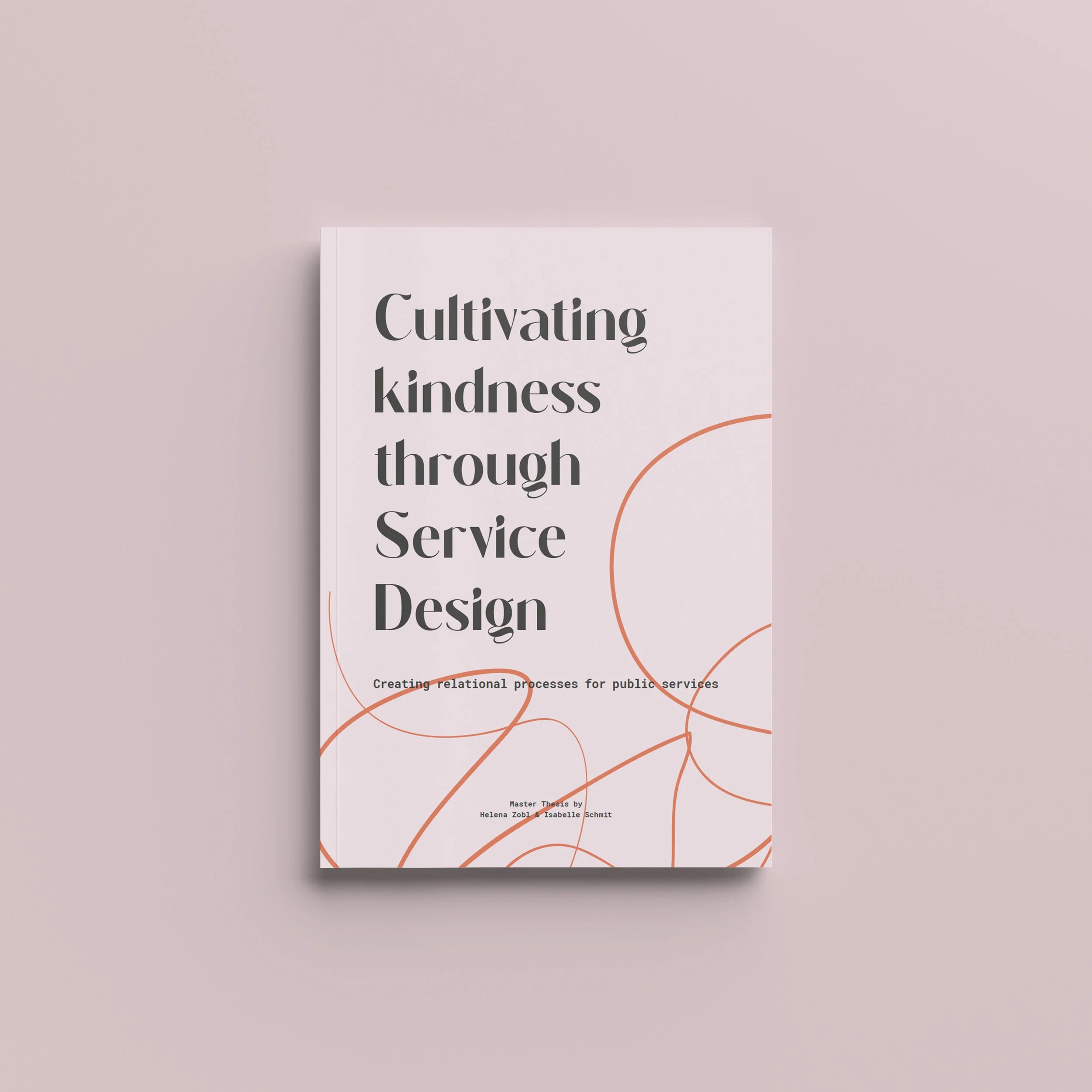The Kindness Toolkit
The Kindness Toolkit is a comprehensive resource, carefully curated to empower Service Designers in cultivating kindness into the very fabric of public service development. The goal is to foster deep connections among citizens, service providers, and policymakers, thereby reshaping the landscape of public service infrastructures.
At the heart this toolkit lies the belief that by embracing kindness, we unlock the full potential of human interaction within public services. It enables us to leverage the unique qualities of individuals, nurturing genuine relationships and unleashing the power of empathy. By prioritising kindness, we create a solid foundation for investing in infrastructures that harness the true capabilities of the humans involved in our services. From ideation to implementation, the toolkit offers practical guidance and inspiring insights to help Service Designers reimagine service experiences with a human touch.
While our focus is on public services, the Kindness Toolkit extends its reach beyond the public sector. We recognise the universal value of kindness in enhancing any service interaction.
Why kindness matters
In the realm of policymaking and public services, interpersonal values and emotions are often overlooked, dismissed as irrational and sentimental.
However, we believe that kindness should be a fundamental principle guiding our collective actions and policies. At times, conventional views prioritise rationality and standardisation, sidelining kindness from state affairs. This approach leads to bureaucratic public services that neglect the human element, reducing individuals to passive recipients of services that appear like warehousing facilities. Yet, emotions cannot be privatised; they shape political structures and societal dynamics.
It is crucial to shift our perspective and acknowledge the collective influence of emotions. By embracing kindness as a valuable concept, we can adopt a relational approach in the public service sector. This entails challenging current uniform processes and prioritising humane practices that foster individuality and agency.
Striking a balance between fair standardisations and the promotion of strong human relationships and emotions beyond transactions and measurable aspects is crucial. By recognising that kindness enhances effectiveness, efficiency, and overall citizen trust, we can foster a more connected society. Embodying empathy, understanding, and effective communication, public services that prioritise kindness not only improve problem-solving but also contribute to the creation of a society where compassion flourishes.
The tools
The toolkit was built based on perspectives from different fields, such as behavioural sciences, compassion design, and the hospitality sector. This results in a total of 3 different tools that can be applied in different phases of the Service Design process and focus on the analysis and design of human-to-human interactions. The Kindness Toolkit encompasses diverse tools that span the spectrum between speculation and concretisation.
Relational Recovery Map
Inspired by journey maps, the Relational Recovery Map focuses on incorporating kindness through service recovery. It considers the emotional reactions of users to negative service experiences and designs mediation strategies to create positive service interactions. By applying principles from Maslow's Hierarchy of Needs, this tool ensures that fundamental human needs of security, dignity, and empowerment are addressed.
Kindness Trigger Cards
The Kindness Trigger Cards represent a fun and inspiring tool for Designers seeking to include kindness in early ideation. This card set encourages speculative thinking and prompts designers to imagine future states of service interactions. With 20 speculative scenarios, 6 knowledge cards, and 3 exercise cards, this tool sparks creativity and challenges existing design concepts towards nurturing kindness.
Kindness Reflection Sheet
The Kindness Reflection Sheet is a questionnaire designed to help Service Designers identify opportunities for cultivating kindness within specific service activities. Inspired by research on simplicity in behavioural design, this tool identifies barriers that hinder kind behaviour. With a clear and gamified structure, it guides designers through the reflection on ideal states of a service activities without neglecting realistic obstacles.
Curious to know more?
We didn’t stop at creating the toolkit. As this work was part of a Master’s thesis, we conducted in-depth theoretical work and crafted a more concise guidebook, all of which are now readily available for you to delve into and explore.
The kindness advocates
Helena Zobl
Service Designer
Isabelle Schmit
Service Designer
The true value of the Kindness Toolkit lies in regular testing and reiterating to continuously improve and expand its impact. If you want to offer your feedback, we’re happy to hear from you!
“I accept that the list of demands on all of us is long. Be it domestic, or international, we are operating in challenging times. We face what we call [...] “wicked problems”. Ones that are intertwined and interrelated. Perhaps then it is time to step back from the chaos and ask what we want. It is in that space that we’ll find simplicity. The simplicity of peace, of prosperity, of fairness. If I could distil it down into one concept that we are pursuing [...], it is simple and it is this: Kindness. In the face of isolationsism, protectionism, racism – the simple concept of looking outwardly and beyond ourselves, of kindness and collectivism, might just be as good a starting point as any.”
— Jacinda Ardern








